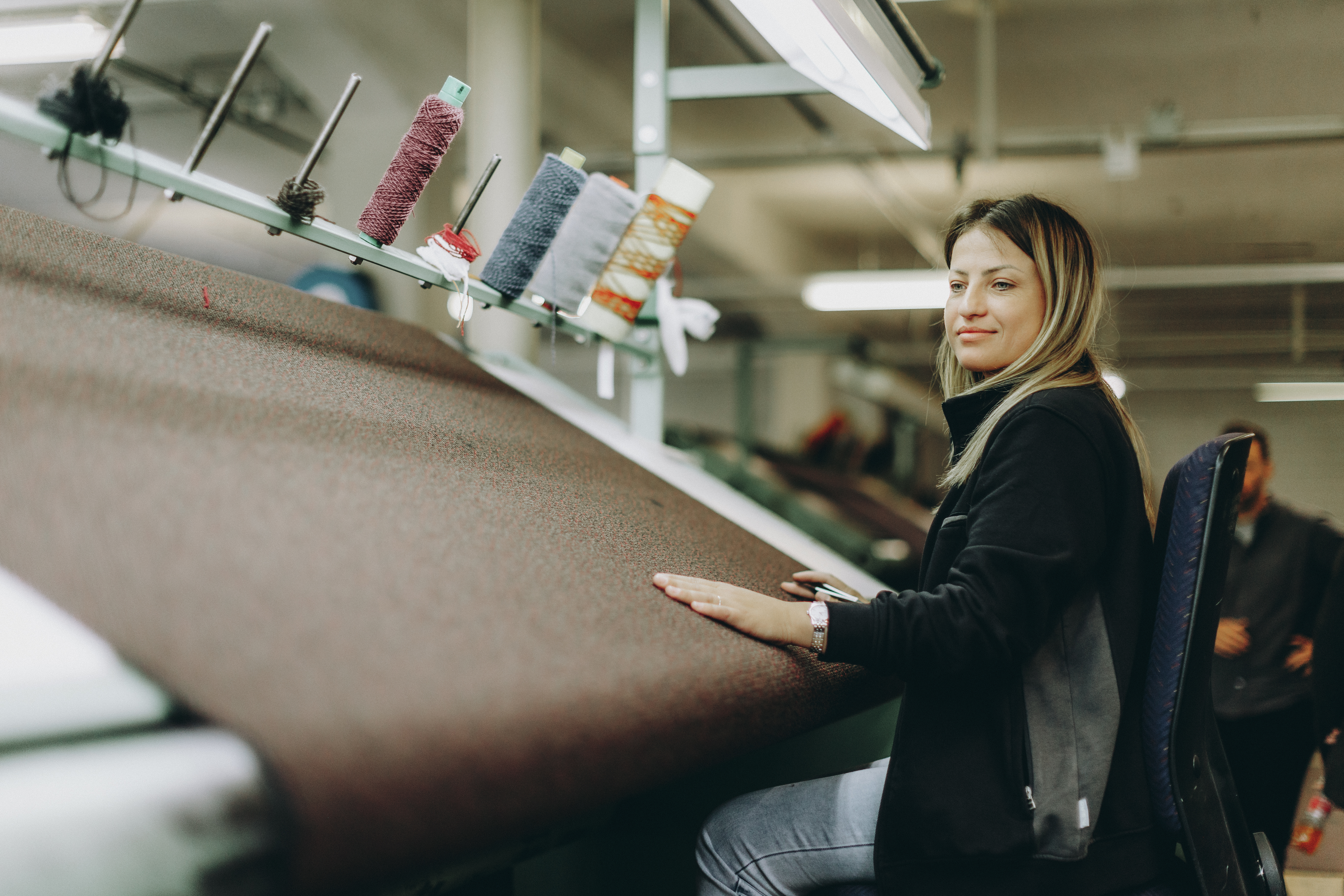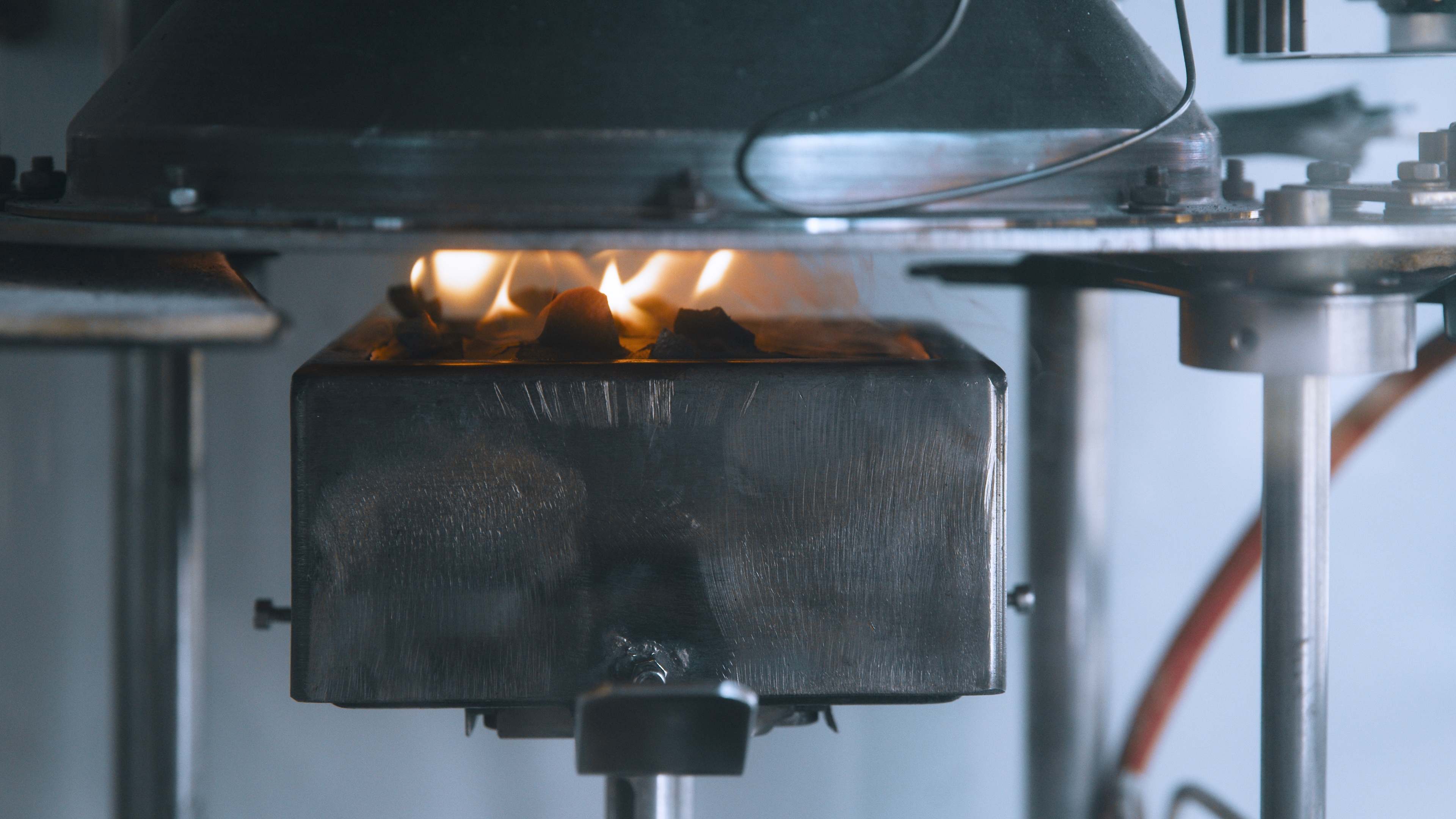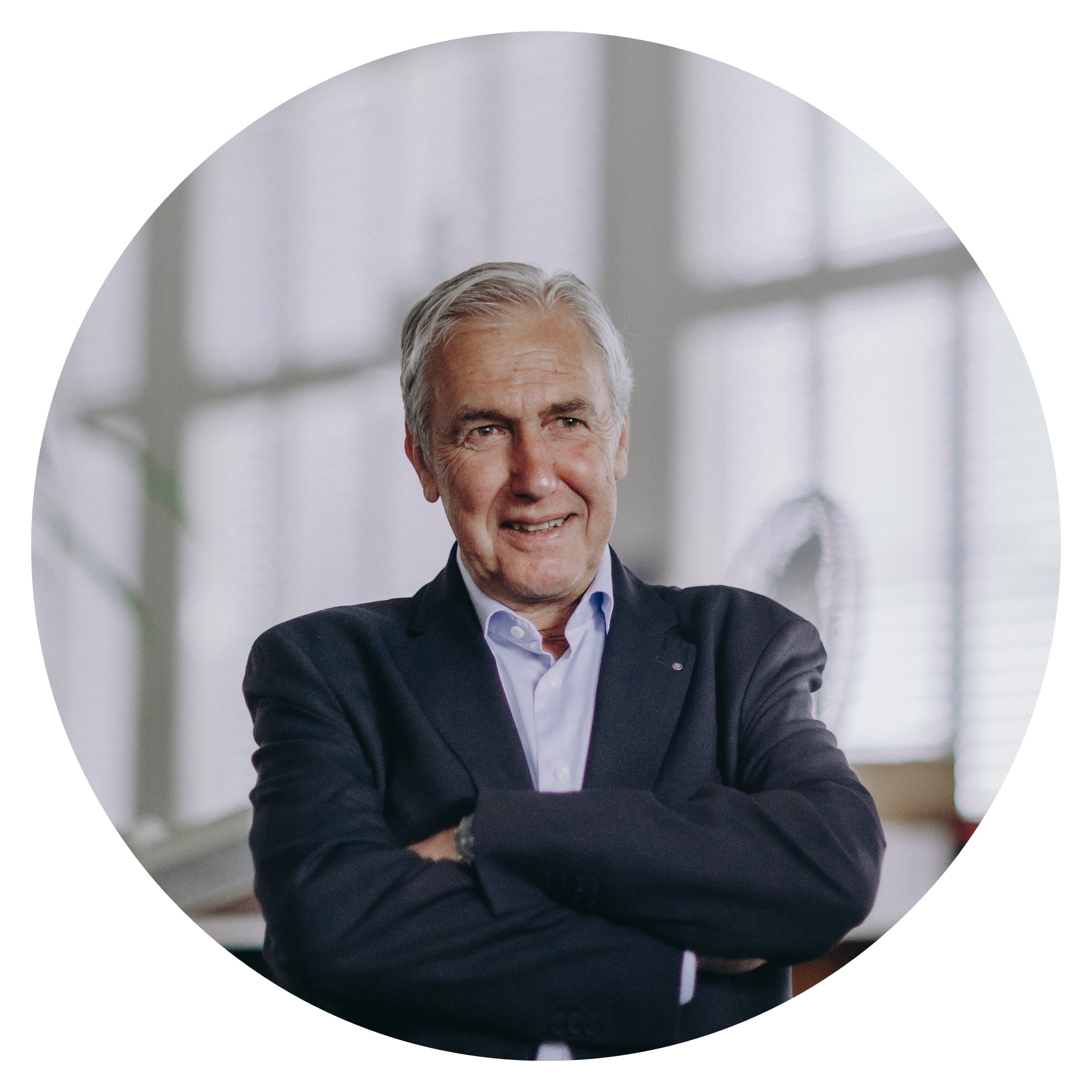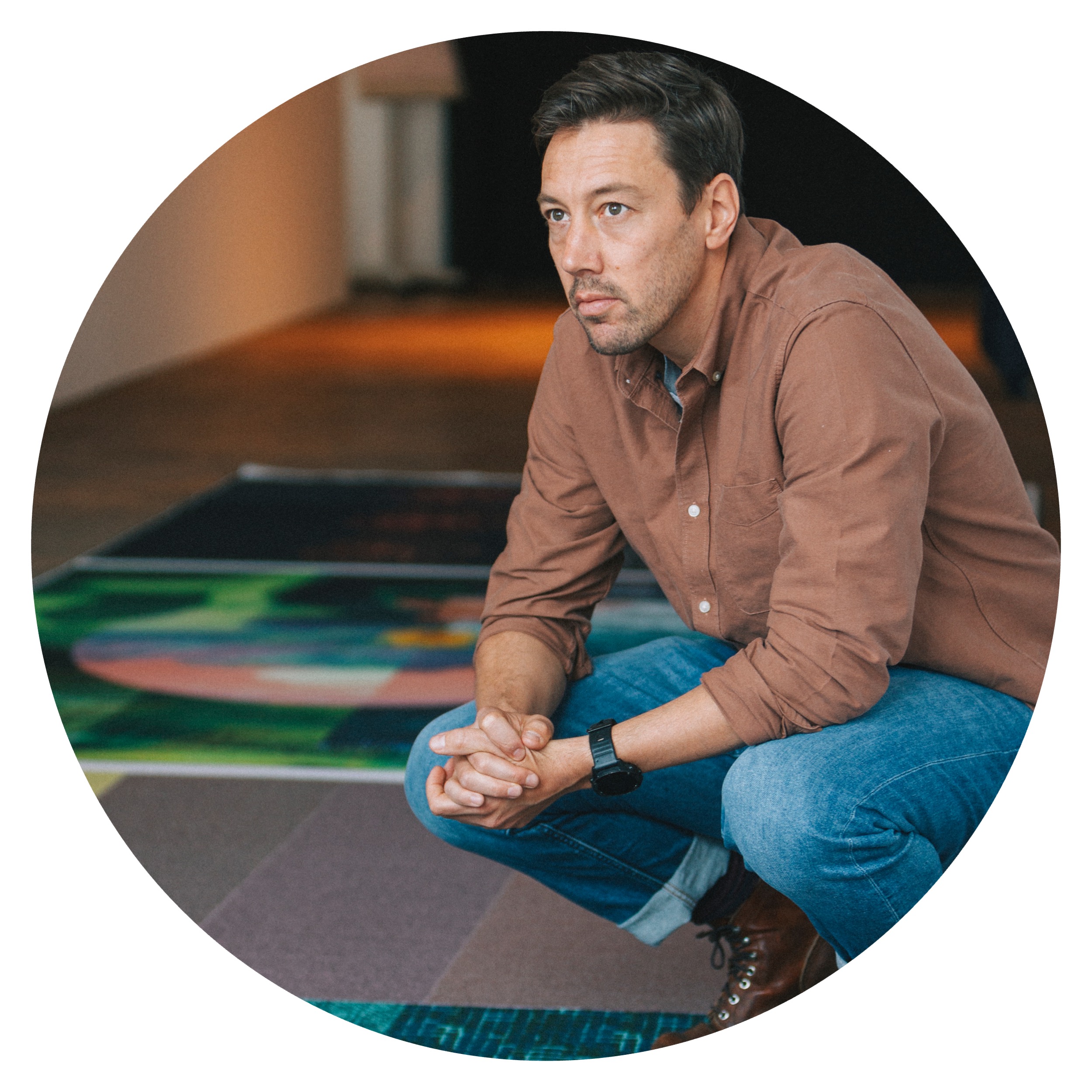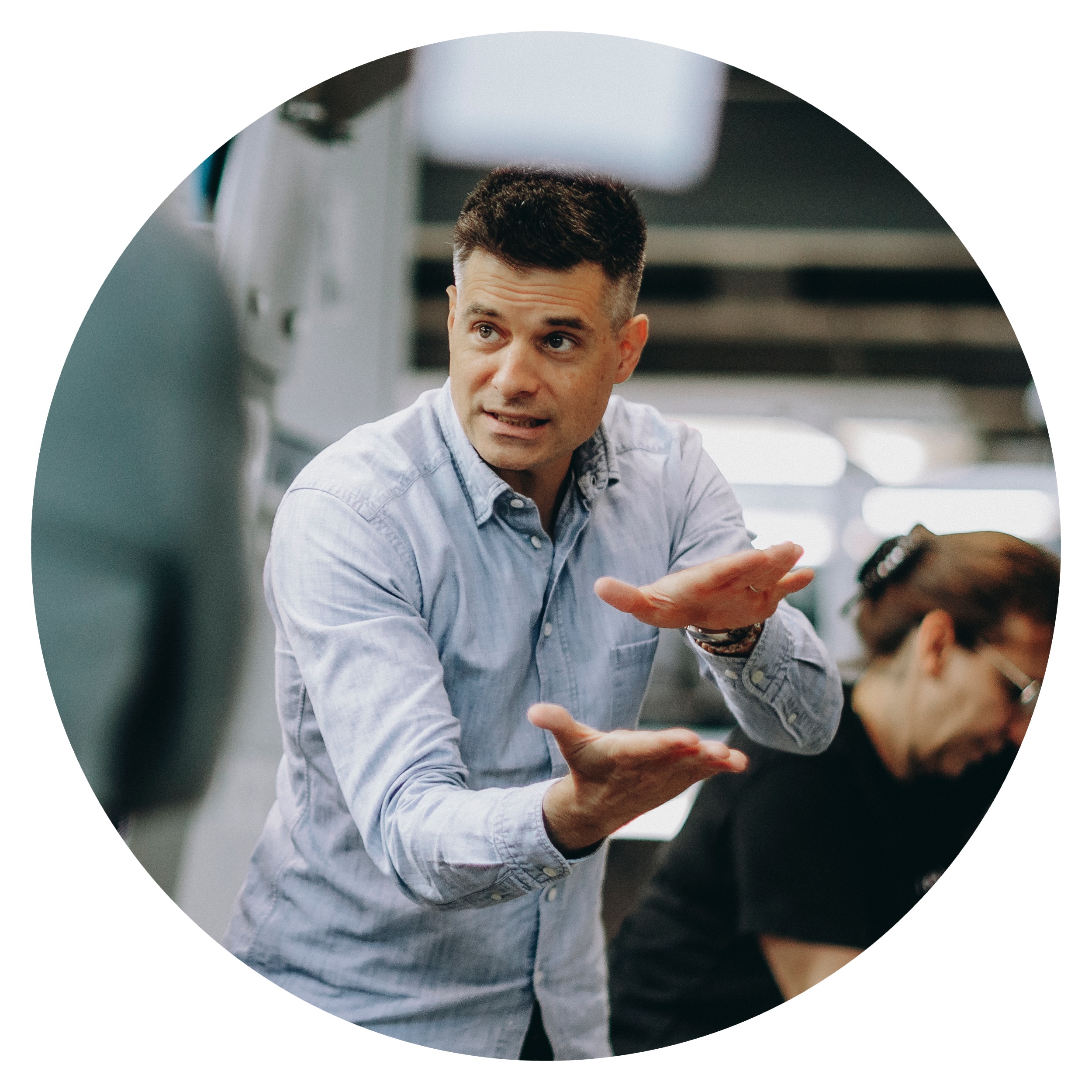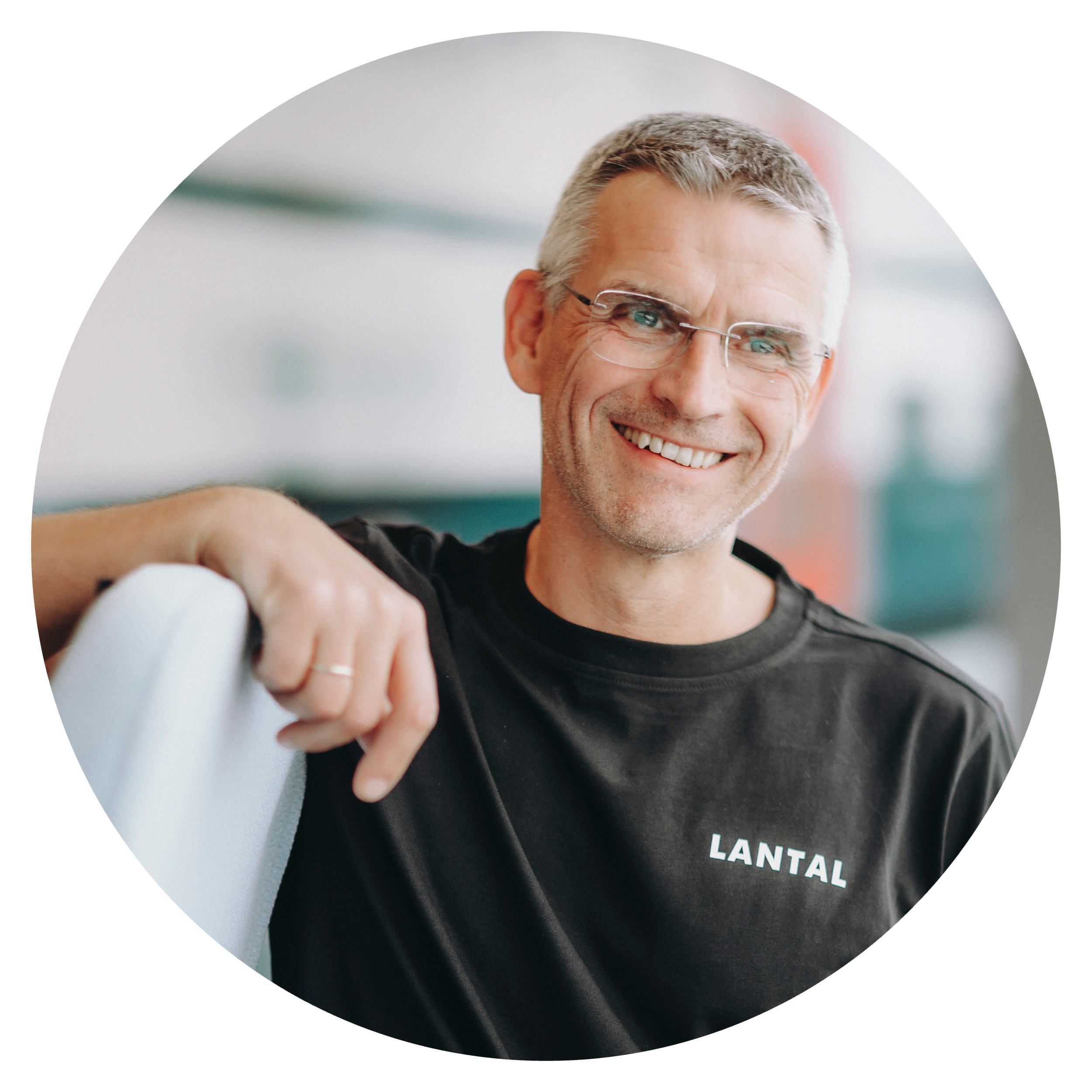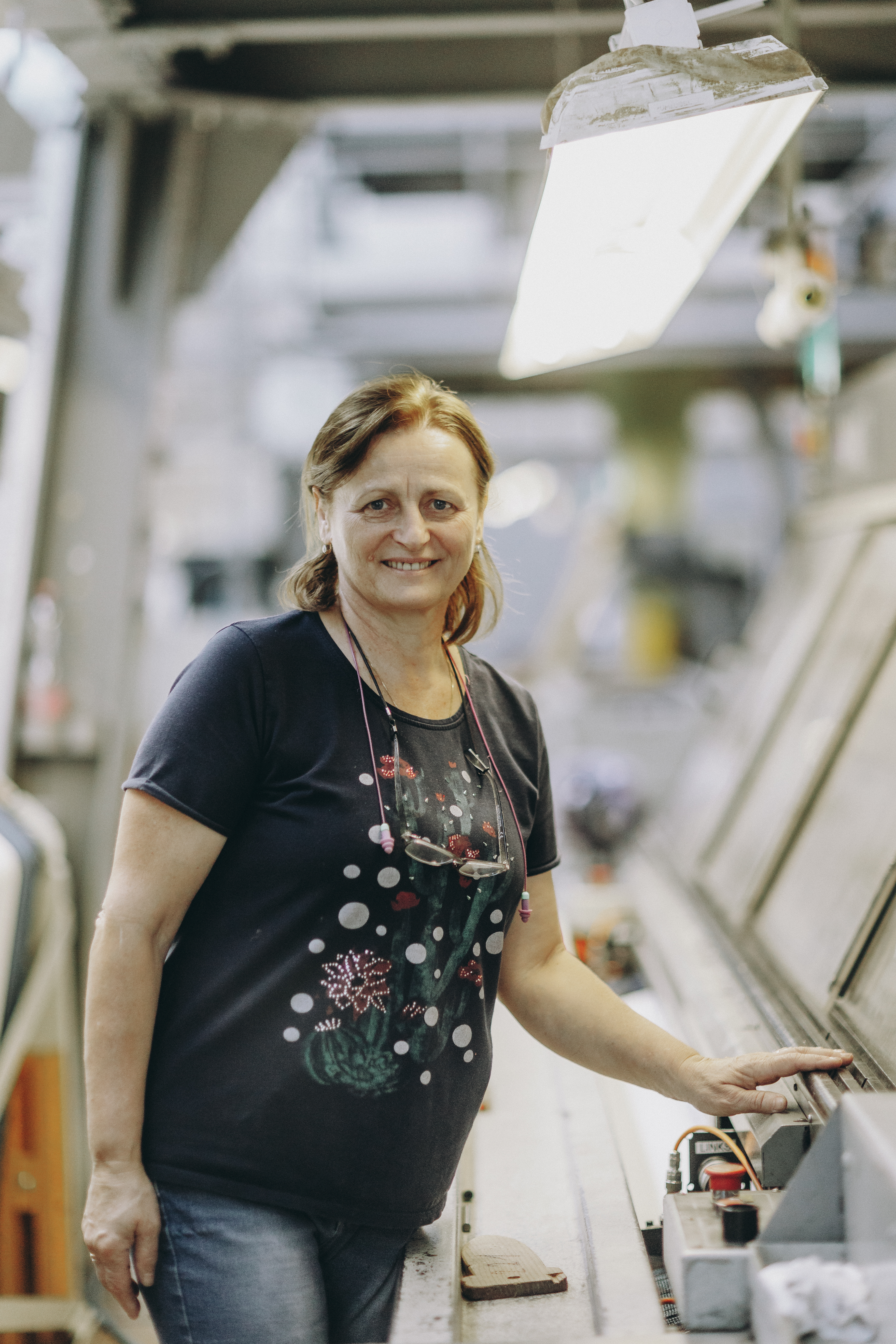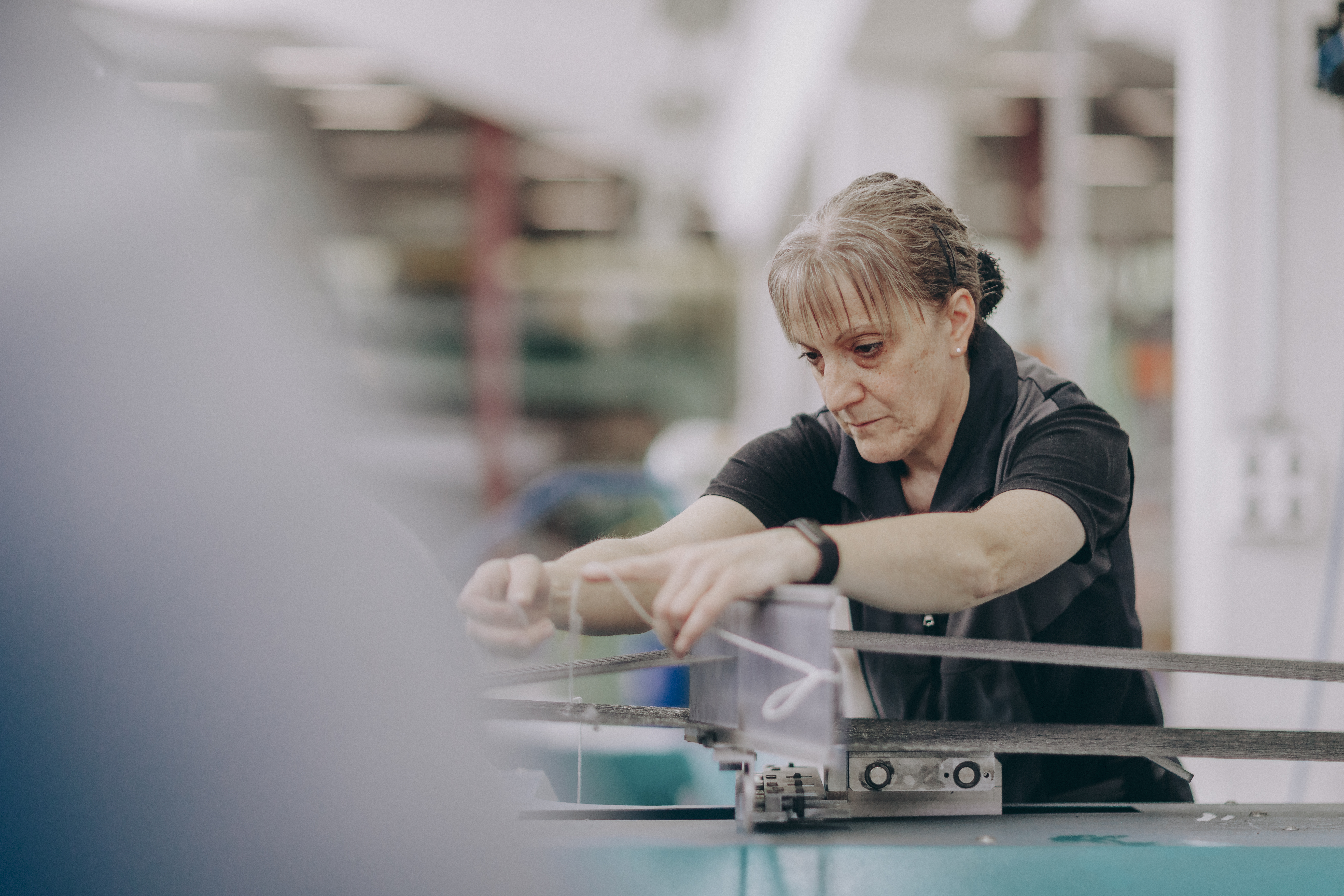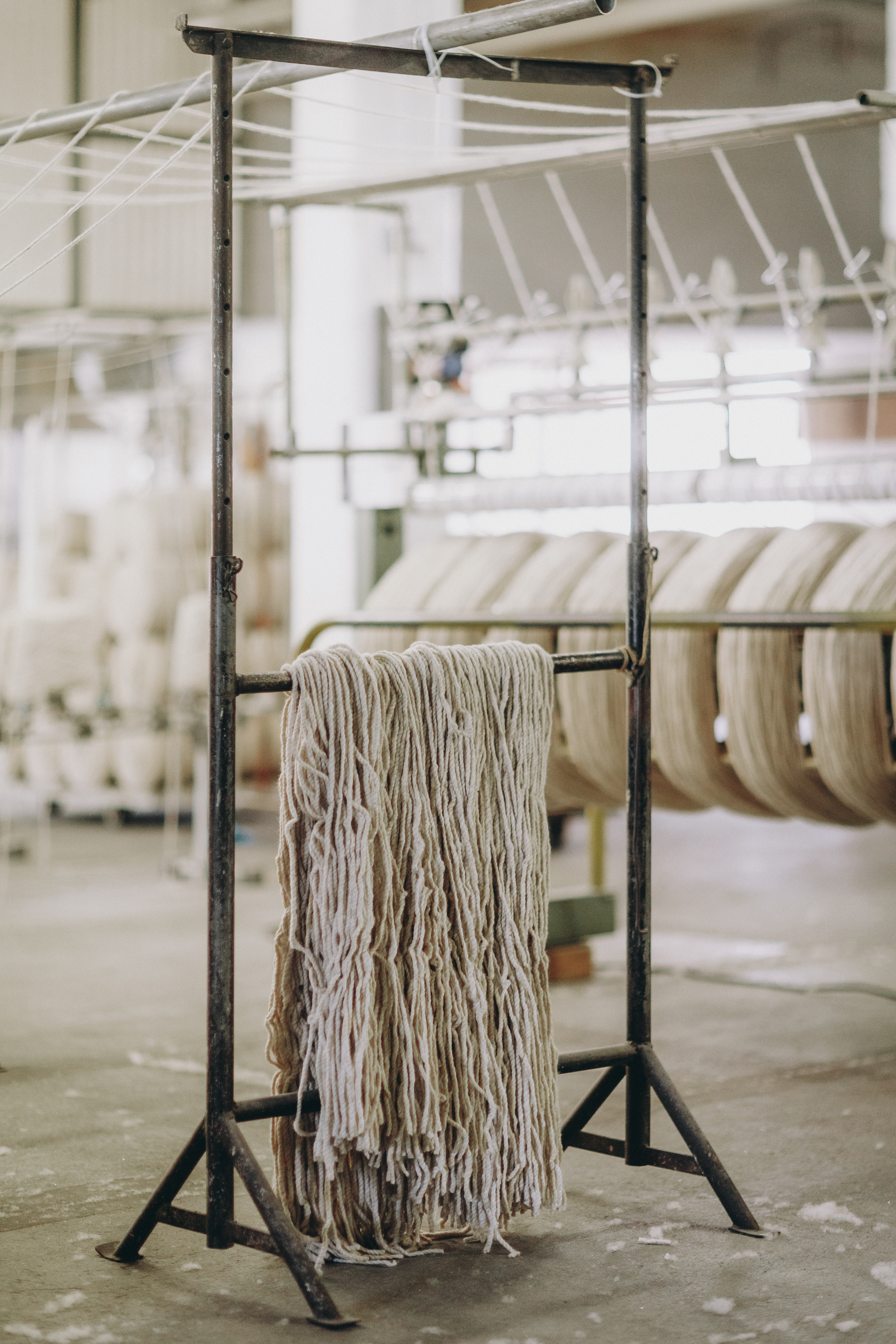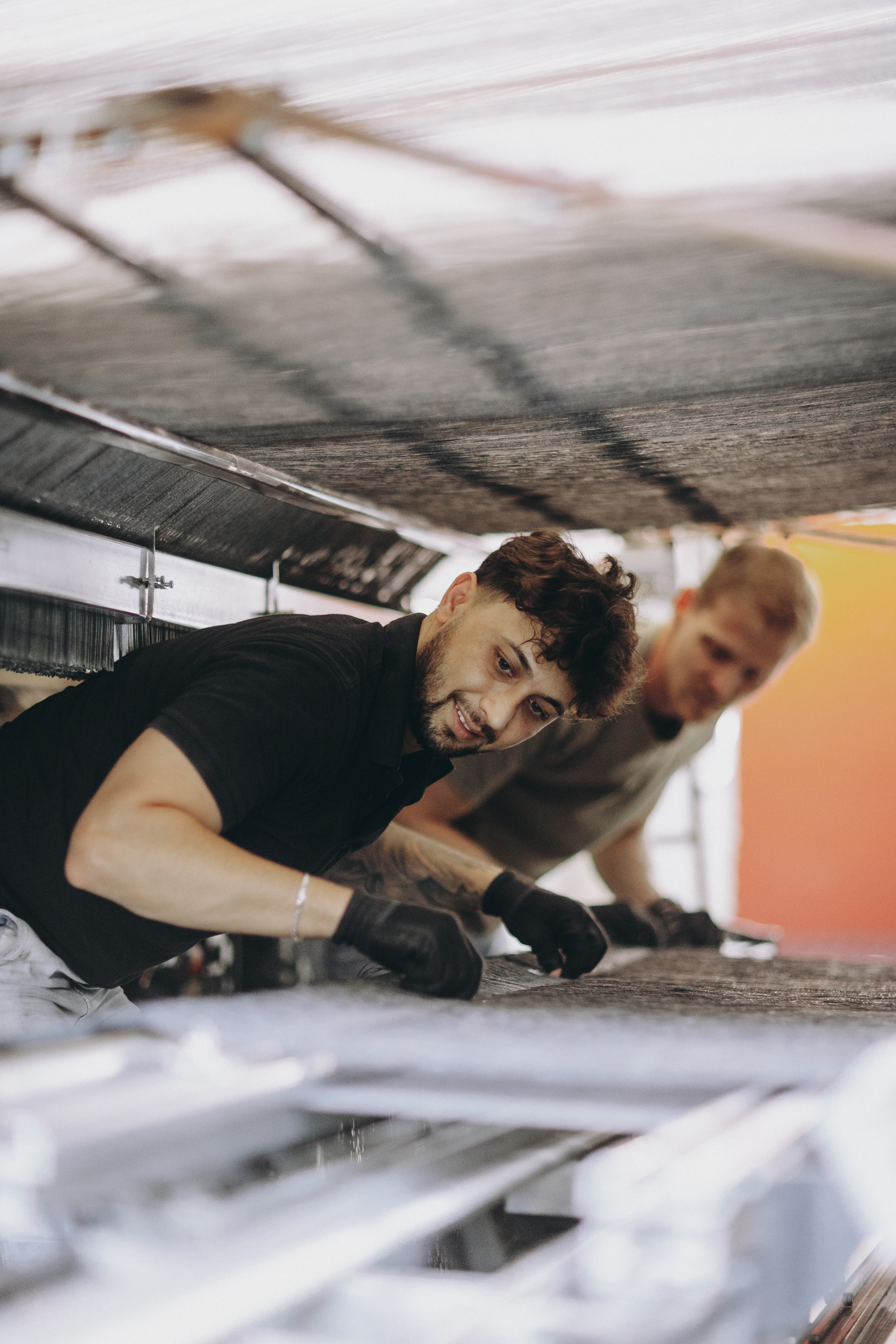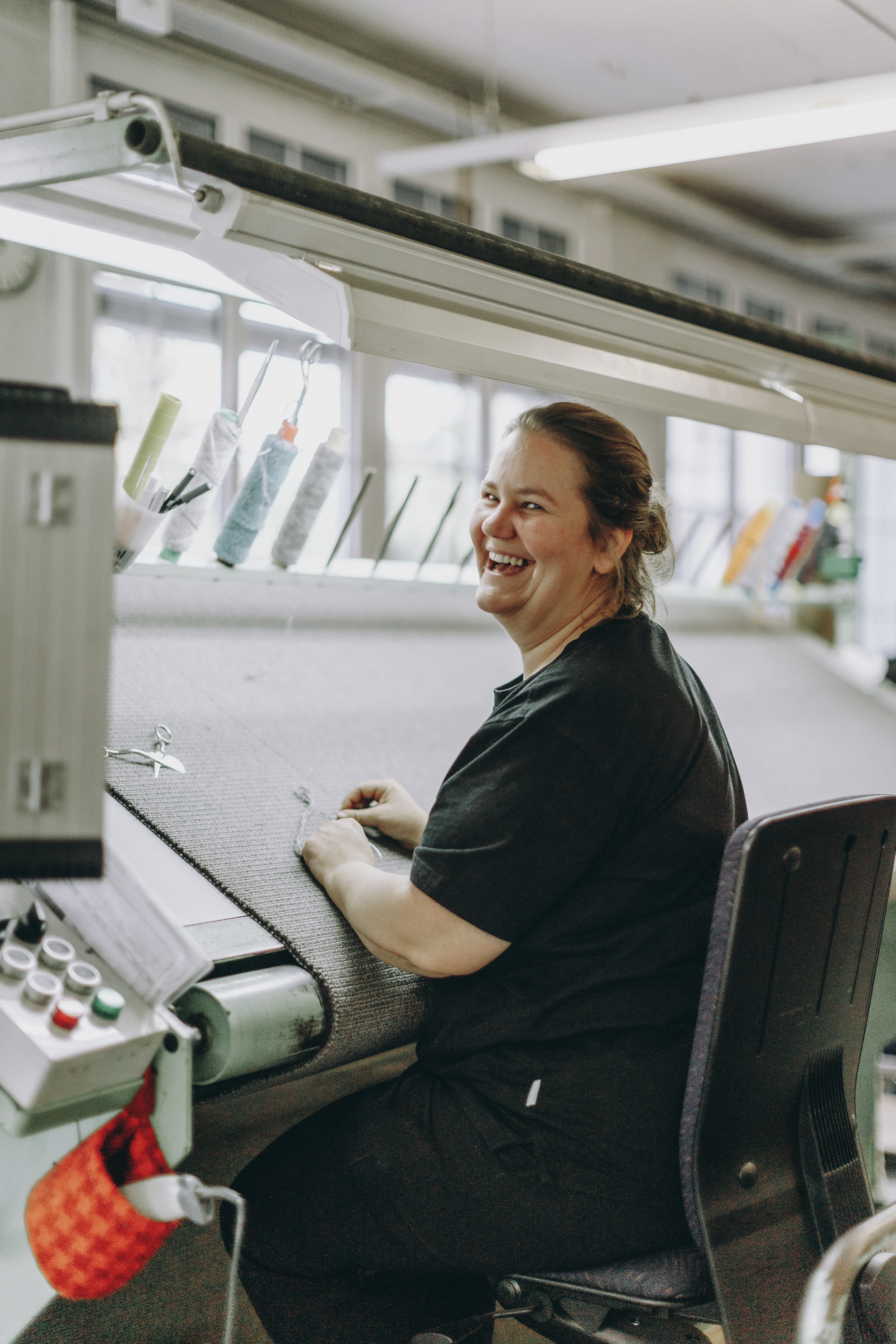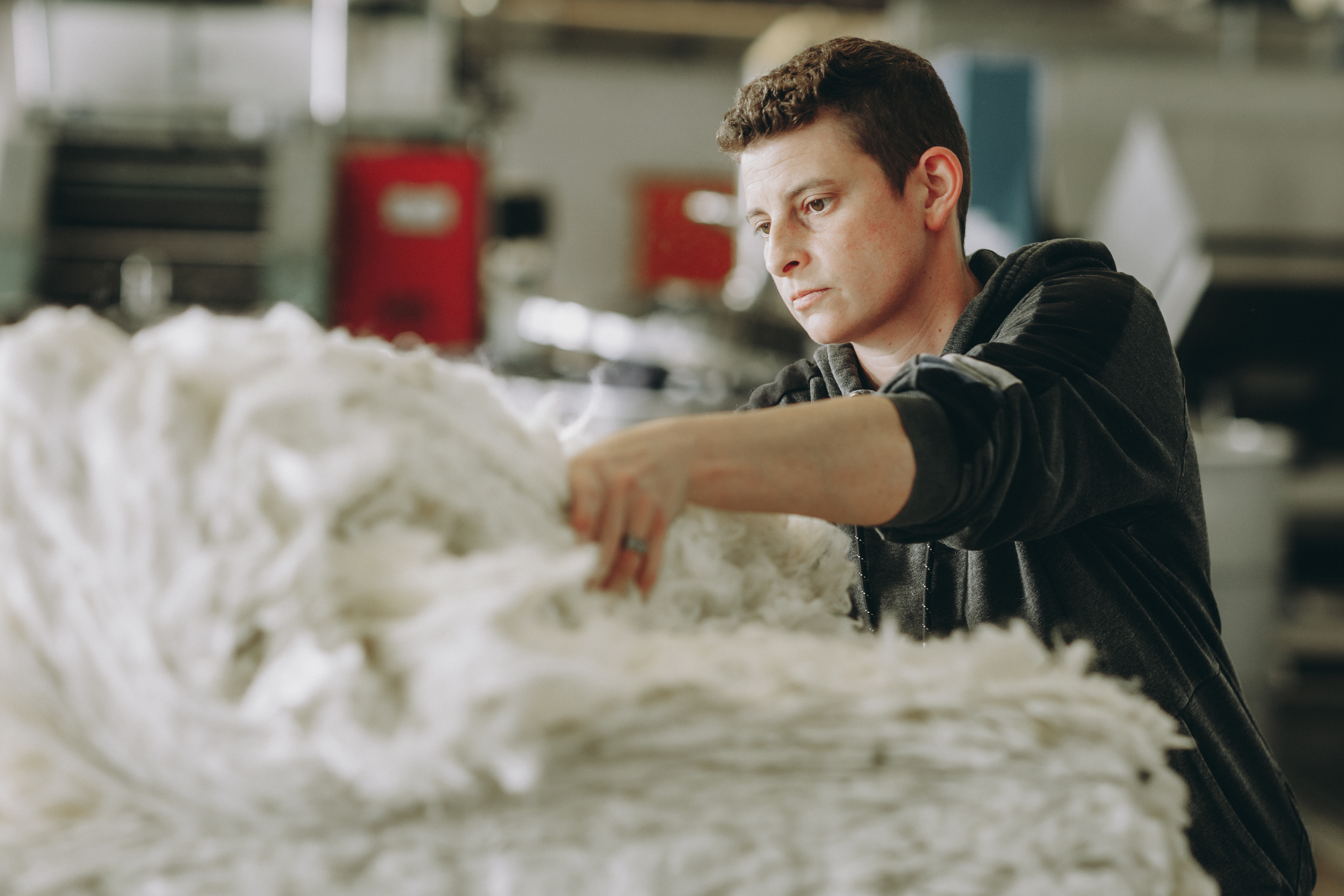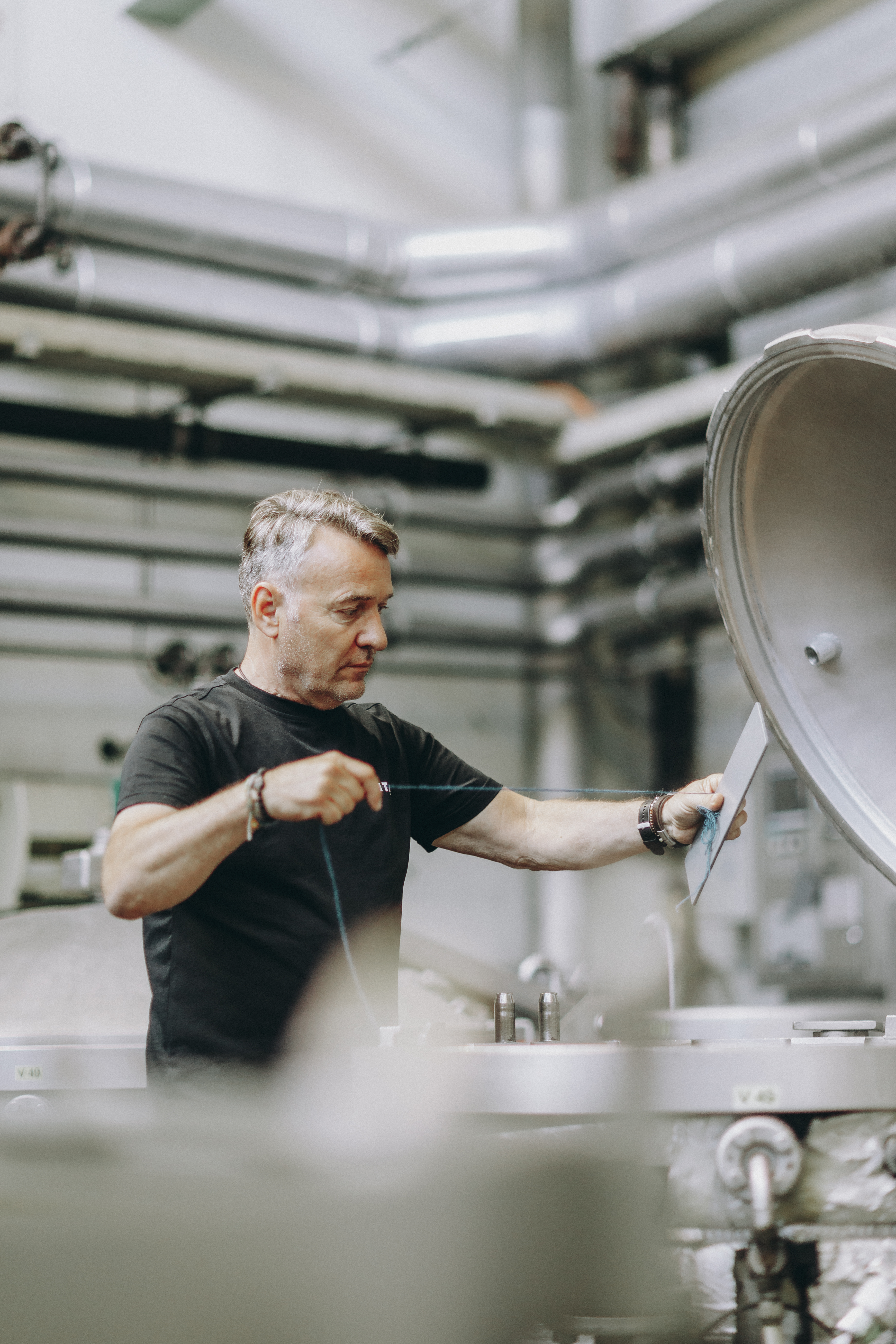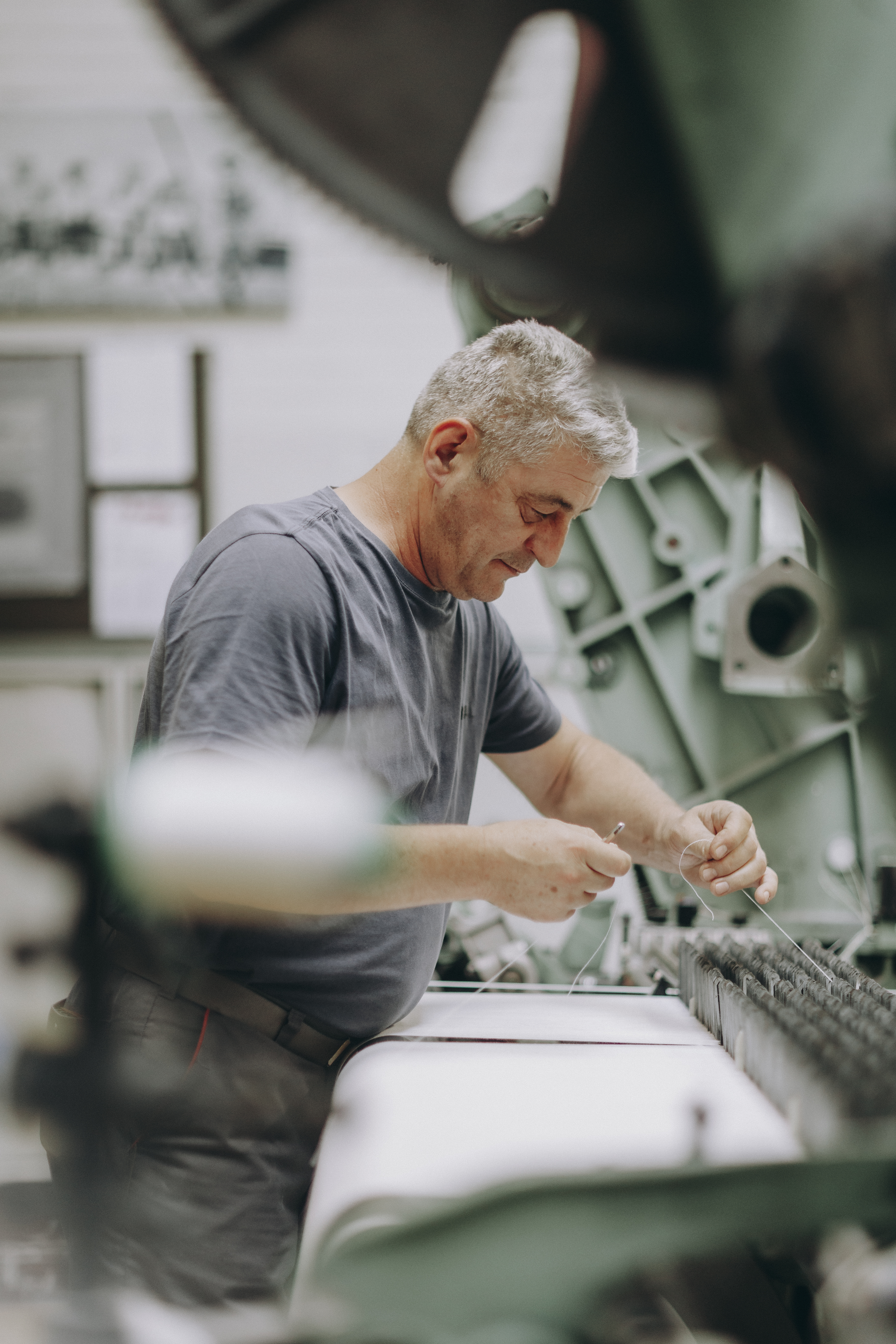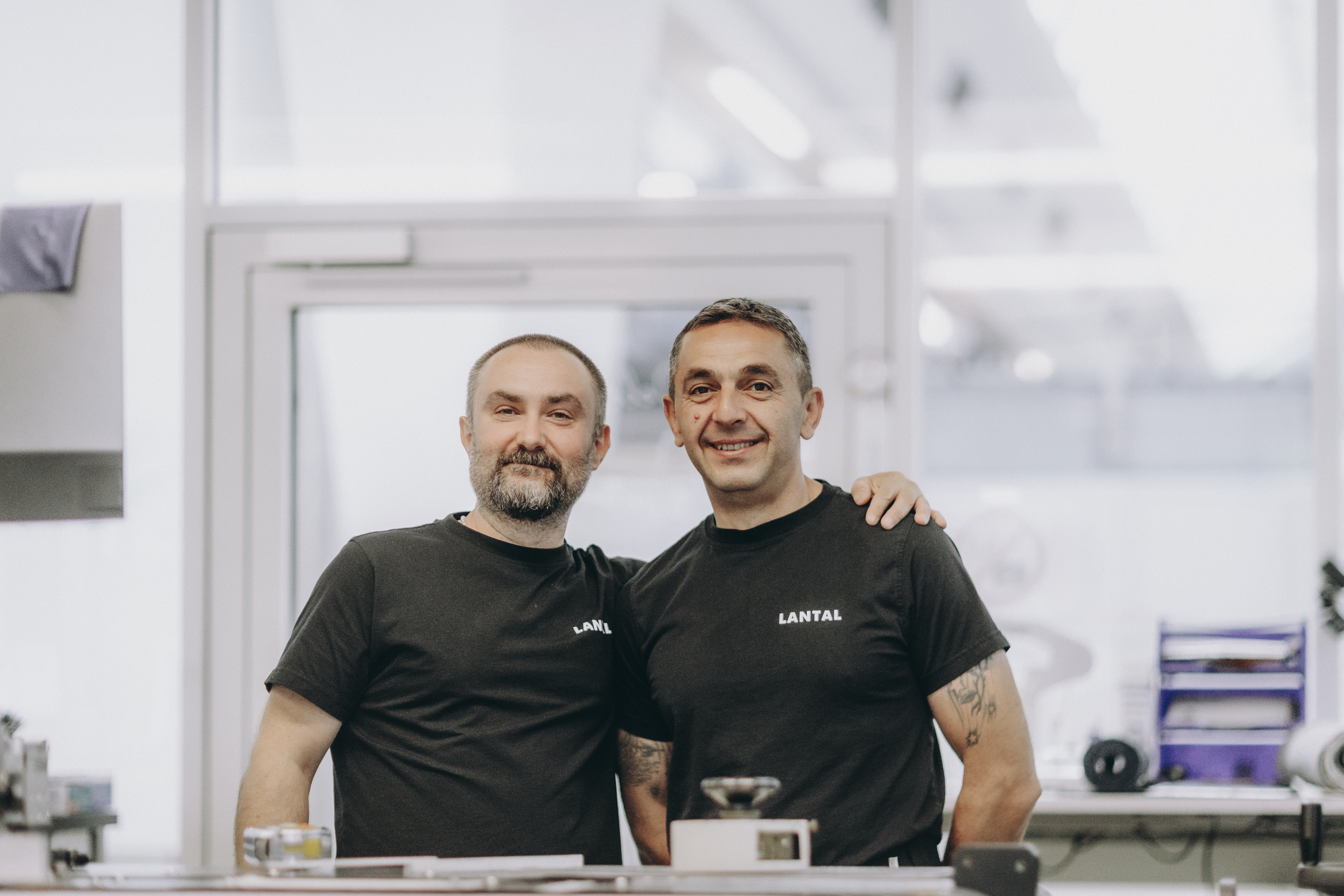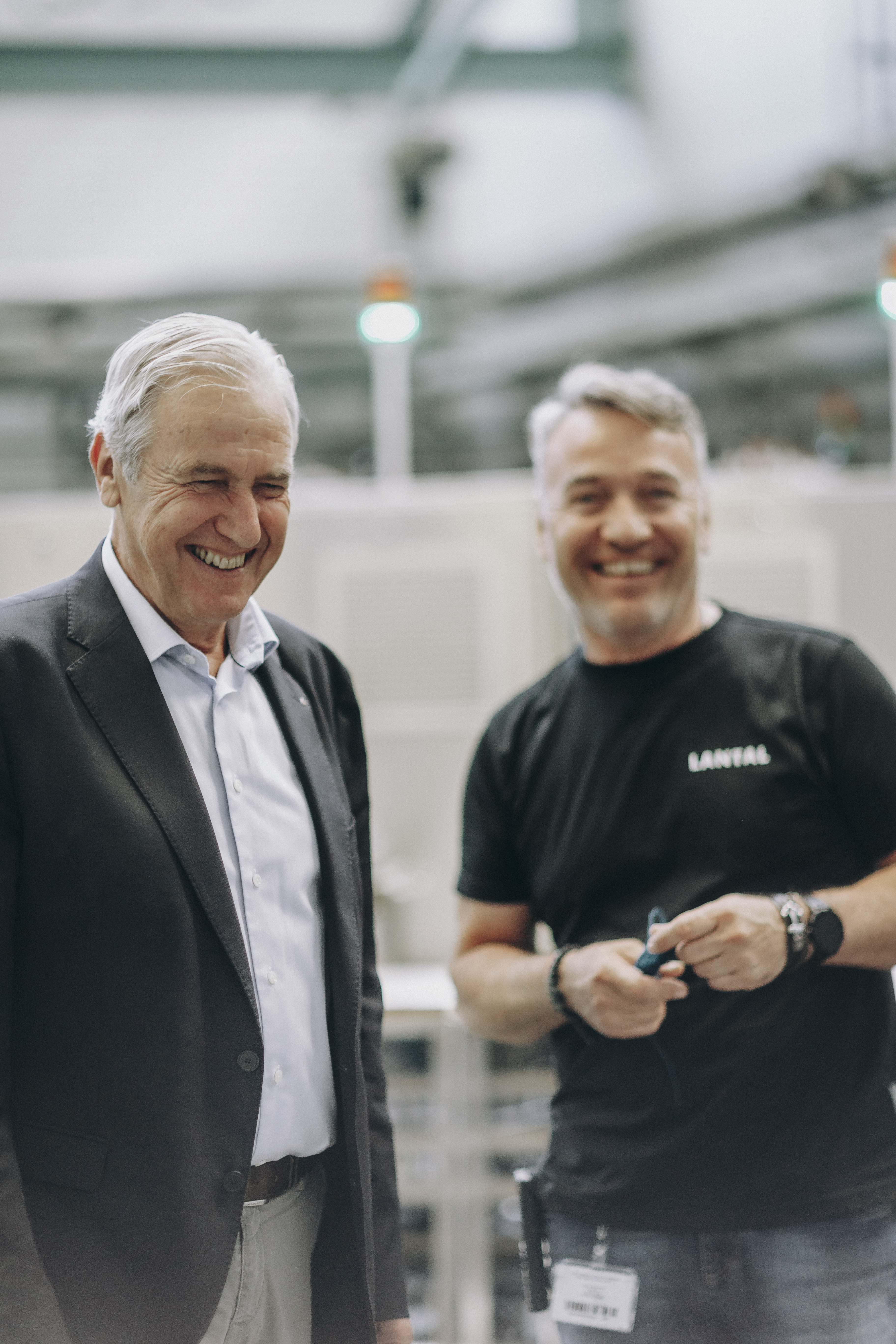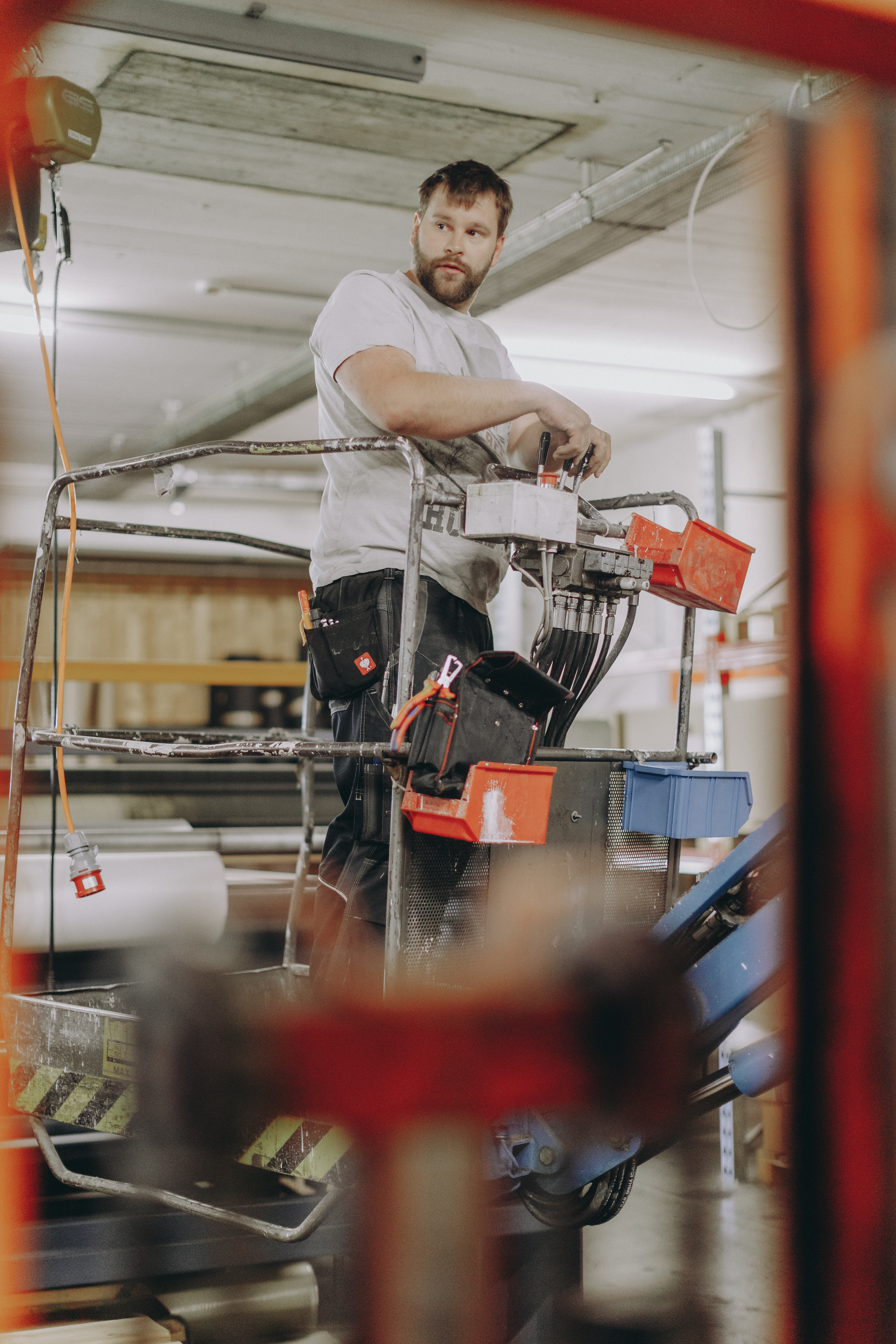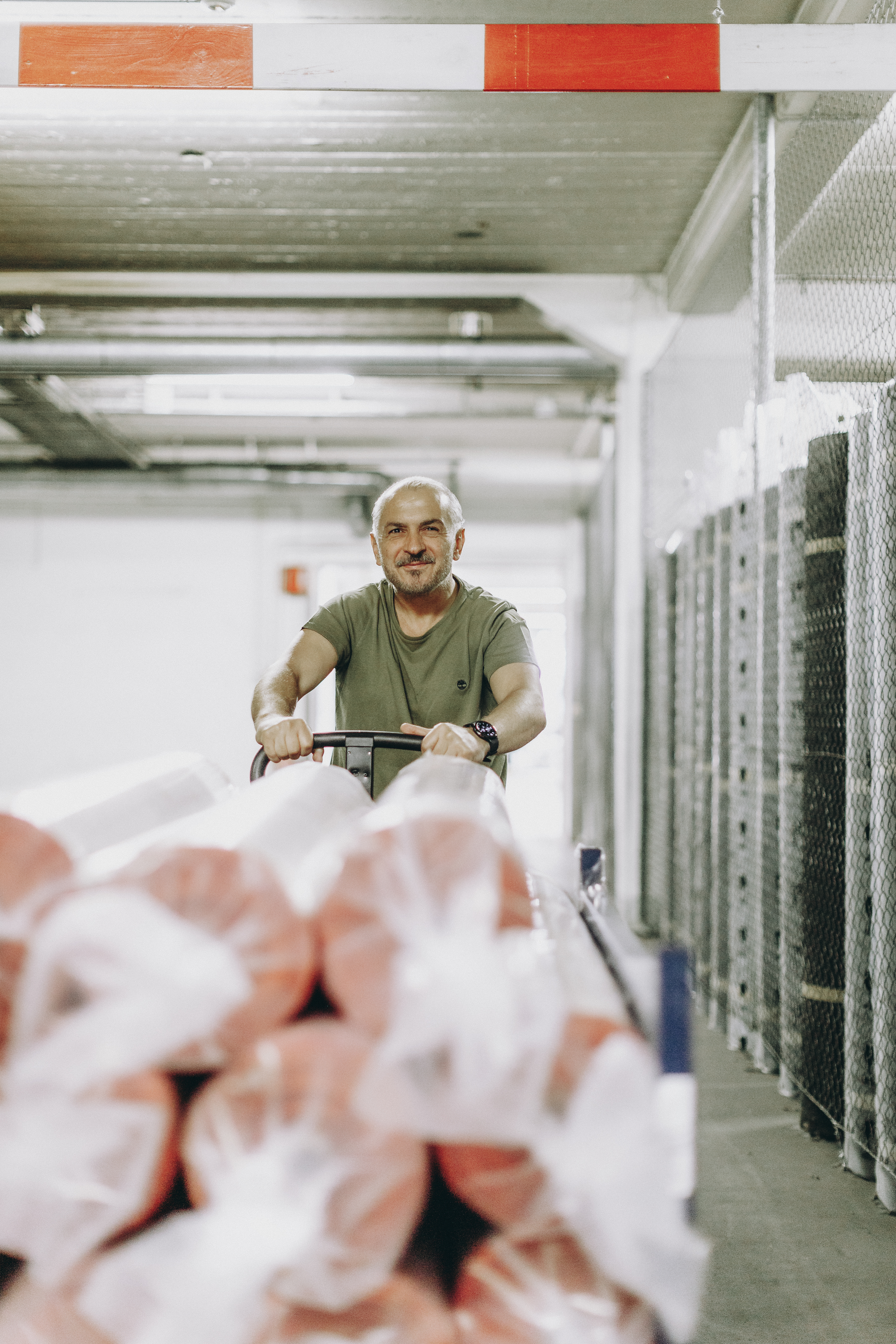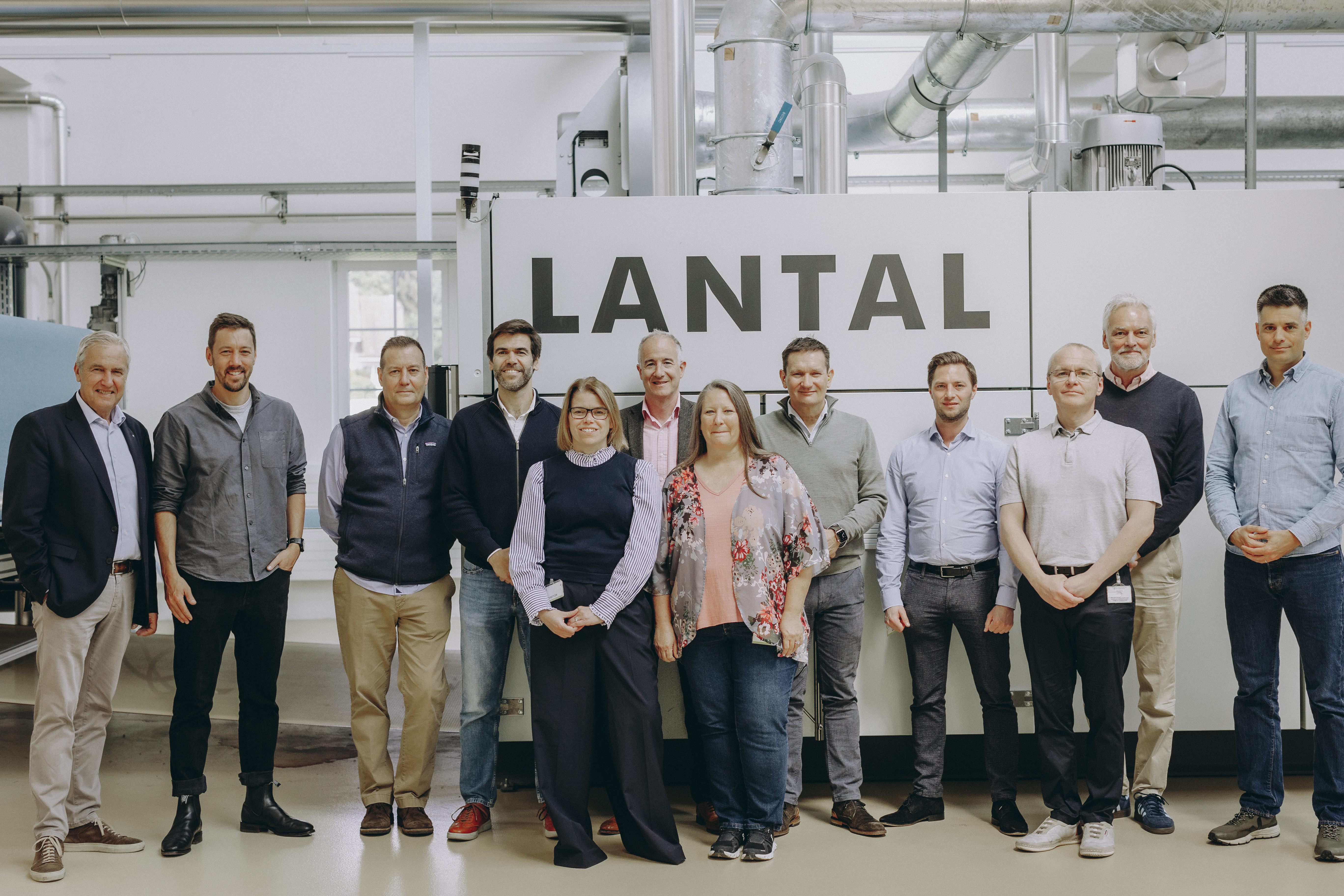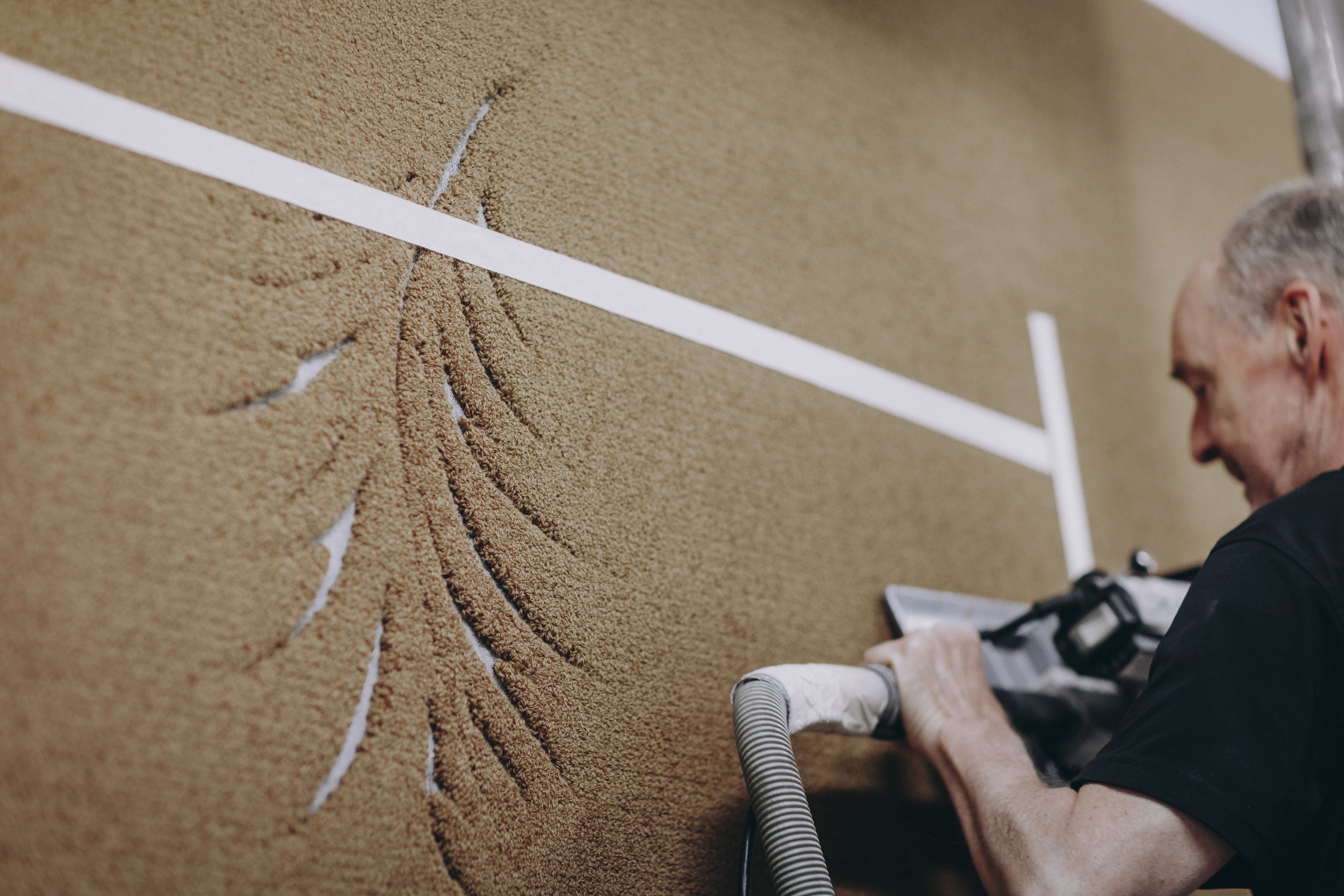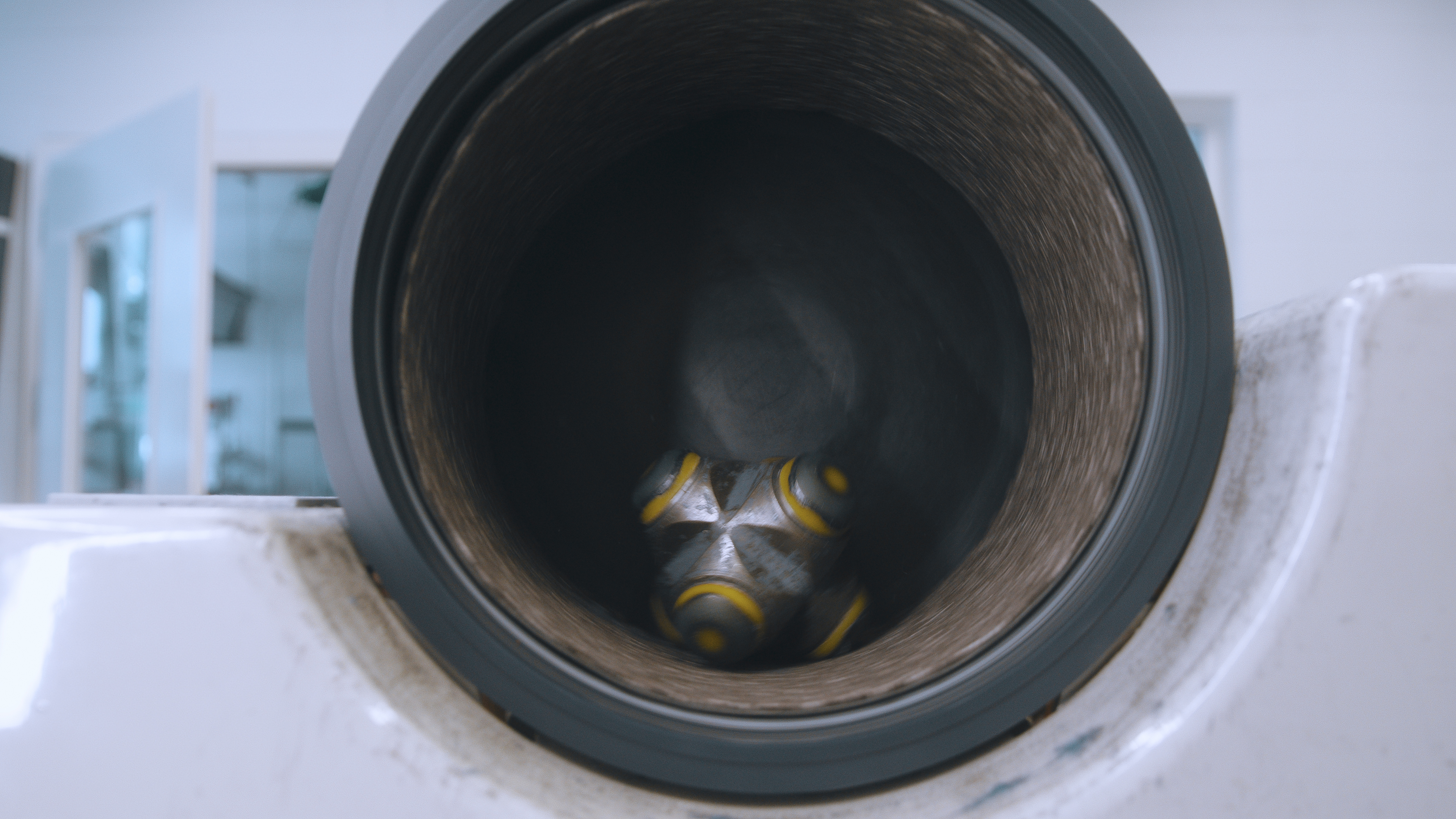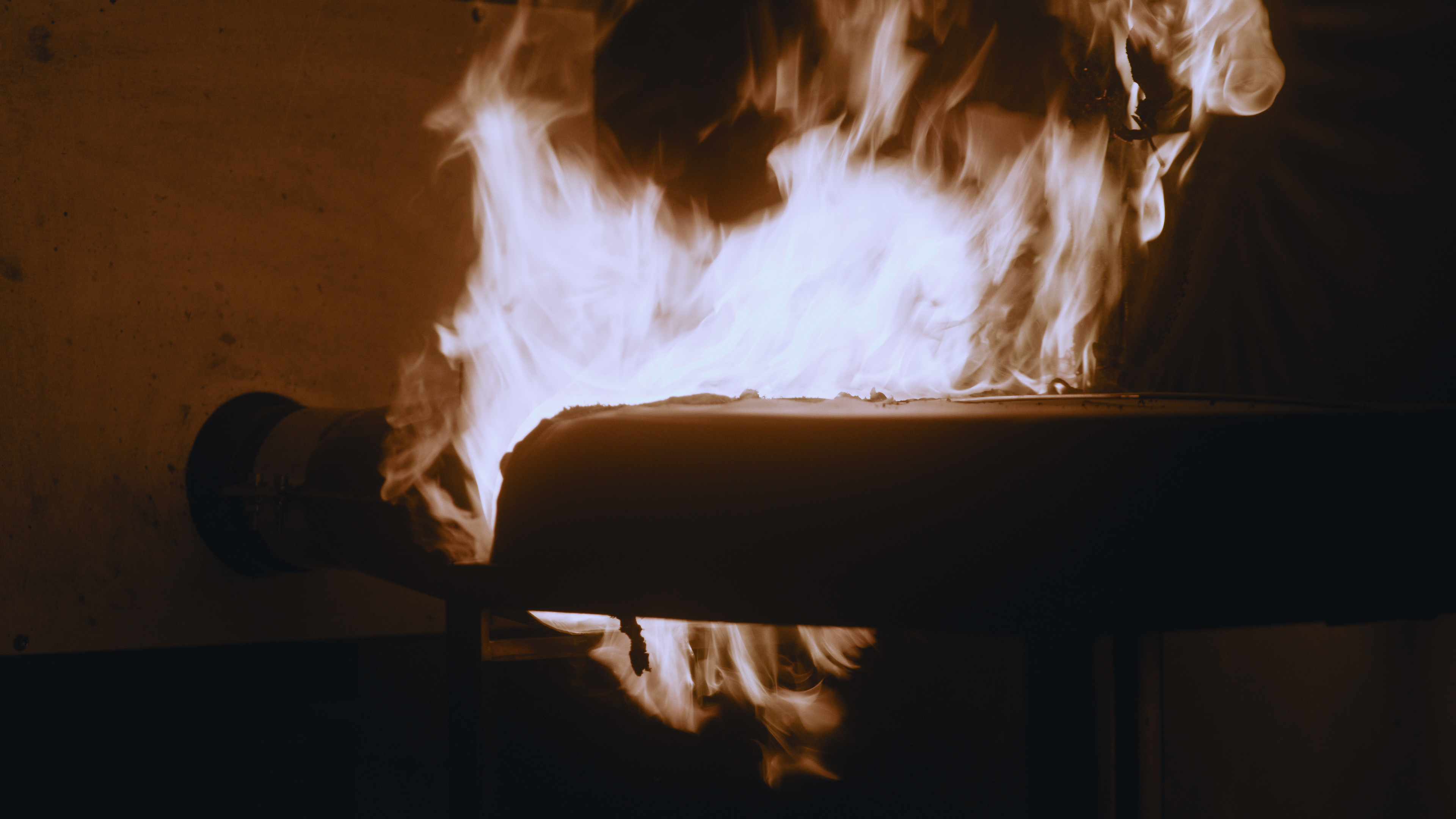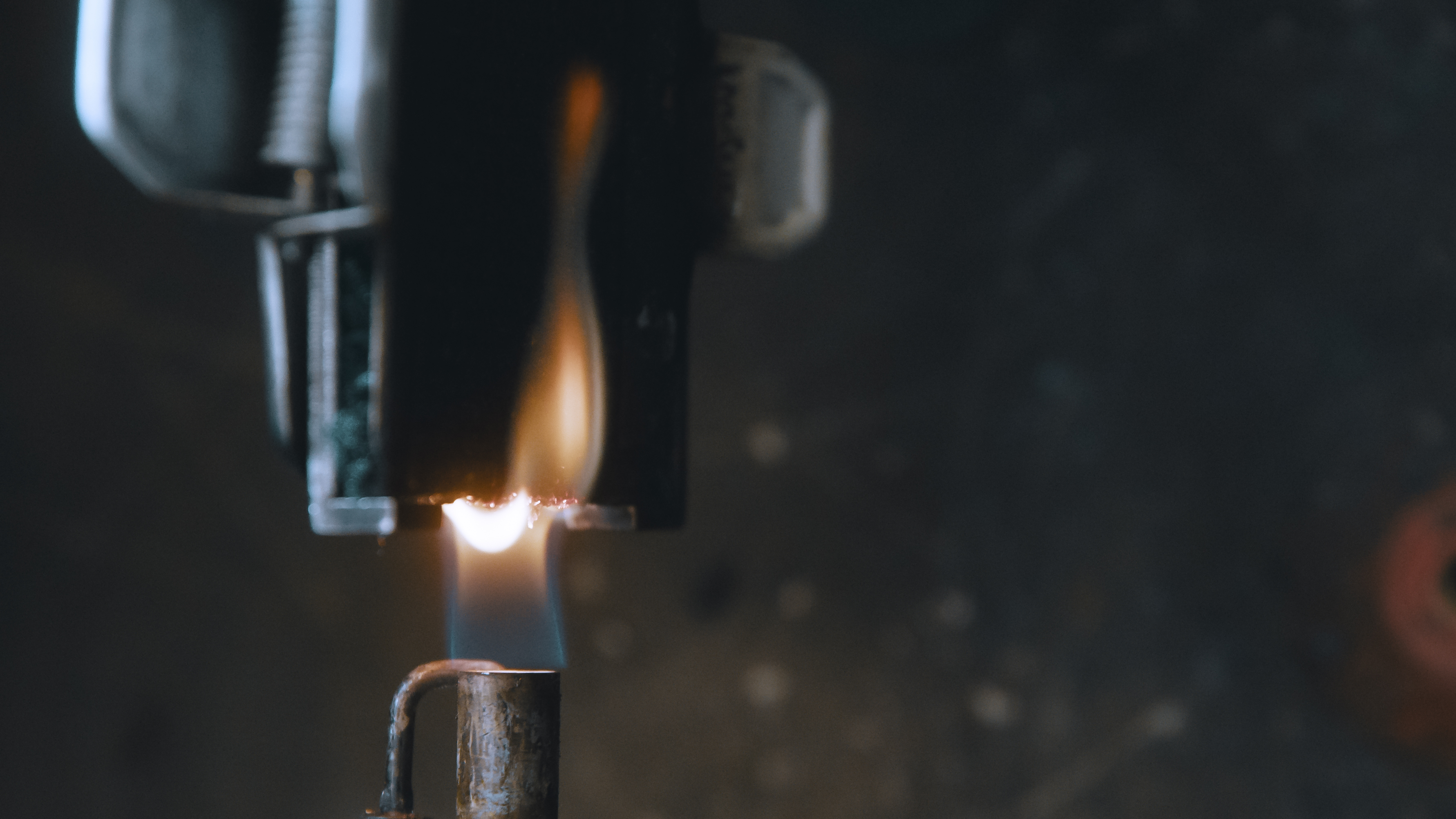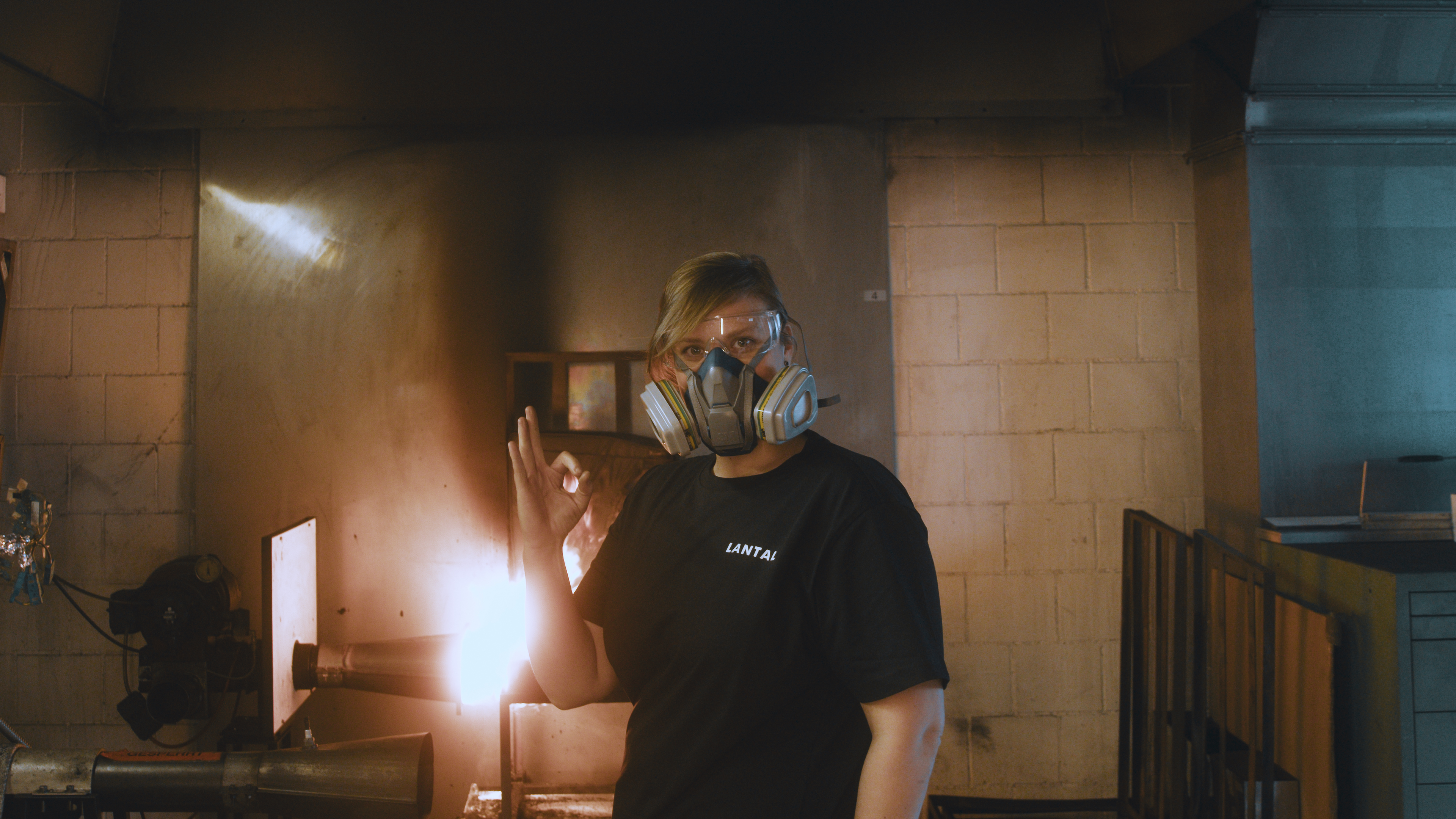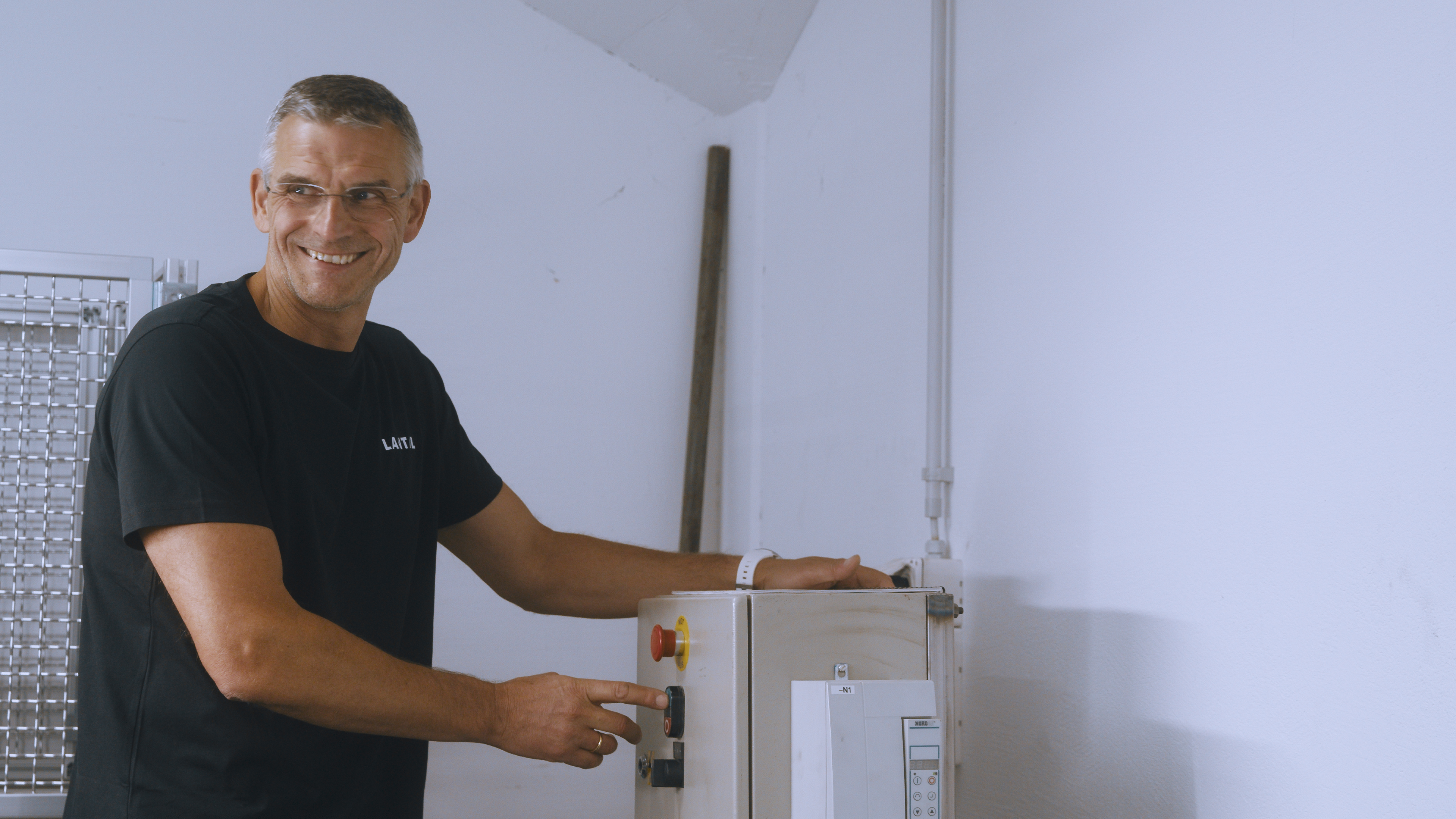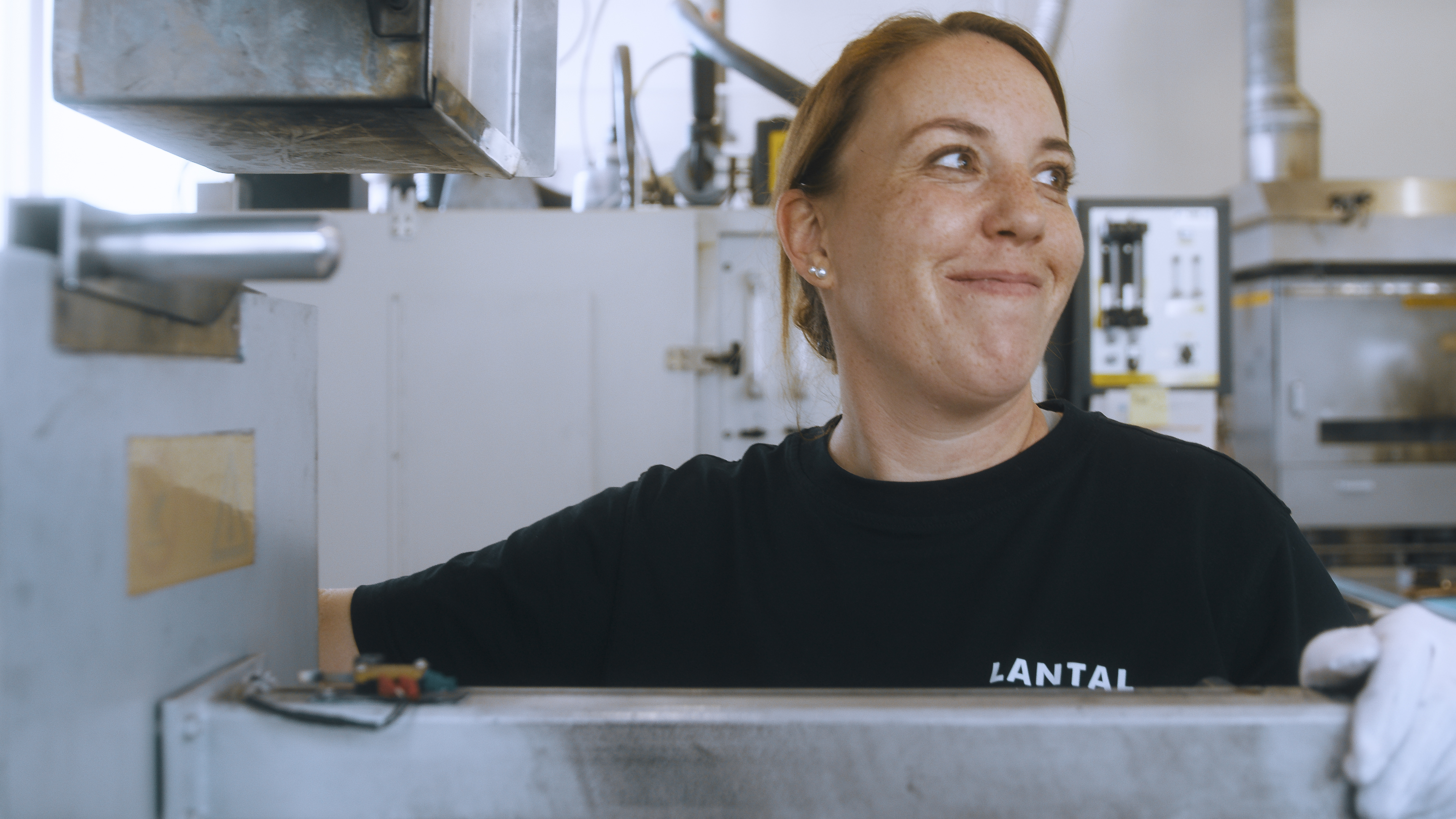
When he established the Baumann & Brand linen mill in 1886, Albert Brand laid the cornerstone for Lantal's history. Based in Langenthal, the company produced linen and linen blends for cheesemakers in the Emmental.
In 1930, sons Fritz and Willy Baumann took over from their father. They changed the company name to Baumann-Grütter Söhne. In 1951, Willy Baumann decided to leave this constellation and incorporated Möbelstoffweberei Langenthal AG, which later became Lantal. The focus was on the production of textiles for the furniture industry.
In 1954, Möbelstoffweberei Langenthal AG entered the still young aviation industry. KLM, the Dutch national airline, ordered seat cover fabrics from Langenthal. This opened up a market that would soon become strategically significant for the company.
The acquisition of Weberei Meister AG in 1956 was Lantal's debut in the production of textiles for the rail and bus industry.
Looking abroad, Möbelstoffweberei Langenthal AG identified a demand for high-quality textiles and in 1972 opened two sales offices in the USA.
In 1996, the gradual internationalization of the company called for an internationally comprehensible name: Möbelstoffweberei Langenthal AG became Lantal Textiles AG
Urs and Renata Baumann, the company's owners, divested their majority share in Lantal. It was transferred to Urs Rickenbacher who had joined the company as CEO a year earlier.
Lantal acquired the German-Portuguese velvet manufacturing specialist Gierlings-Velpor in 2017. After this, Lantal relocated its center for ground transport business for fitting out buses and trains to its Portuguese factory and integrated Gierlings-Velpor there.
While the COVID pandemic severly impacted the business, Lantal decided to double down its investment into sustainability. The world's first DIGITAL DEEP DYEING Technology was developed and the market launch prepared.

TRADITION
Lantal has been passionately producing textiles for 138 years. The Lantal success story begins with the incorporation of a linen gauze weaving mill in 1886 – and it continues to this very day.
In all these years, we never lost track of what drives our work: our passion for textiles. This heritage still constitutes the heart of Lantal and inspires us to deliver peak performance. We focus on innovation and leverage our many years of experience and our know-how in all of our products.
Stable relationships, the community spirit, and trustworthy partnerships: all these values are gaining significance again. Lantal has always kept them alive and handed them down from generation to generation.
Lantal started serving the aircraft industry very early on: In 1954, our textile mill sold the first seat covers to KLM, the Dutch flagship carrier. Thanks to close collaboration with Boeing and Nasa, the company was able to accrue extensive know-how in the development of flame-retardant textiles.
Since Lantal acquired Weberei Meister AG in 1956, we have also been weaving fabrics for the railway and bus industries. In these nearly 60 years, Lantal was able to accrue considerable experience in national and international projects that expanded our competence in these domains.
OUR GLOBAL LEADERSHIP TEAM
SOME IMPRESSIONS OF OUR IN-HOUSE PRODUCTION SITES
